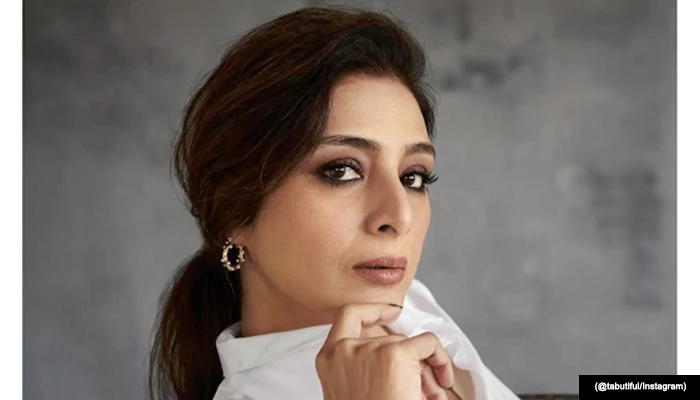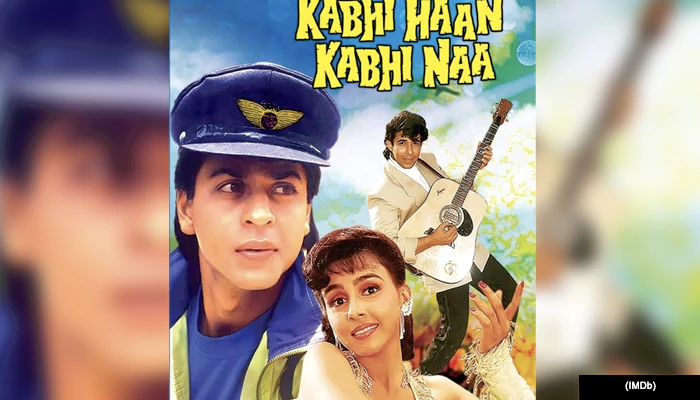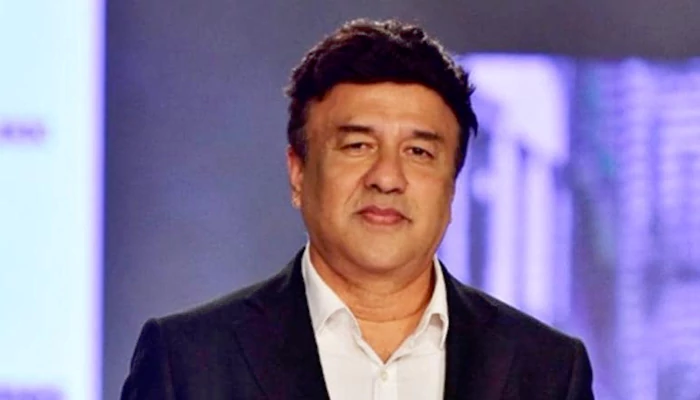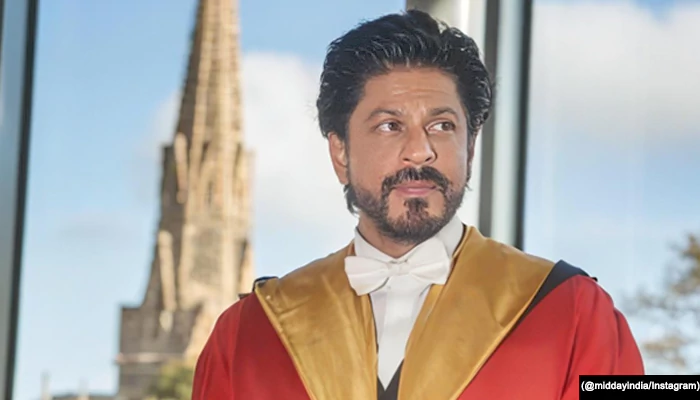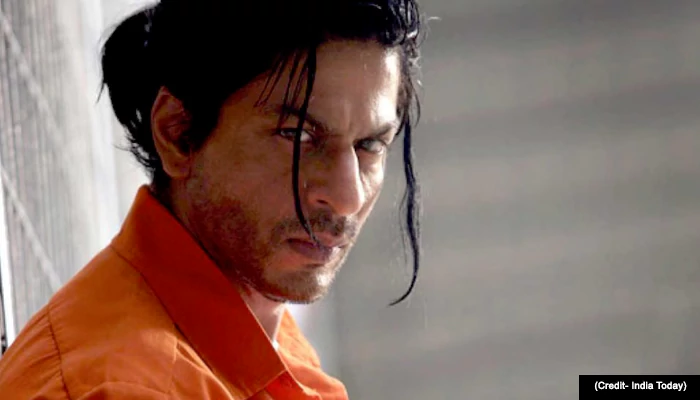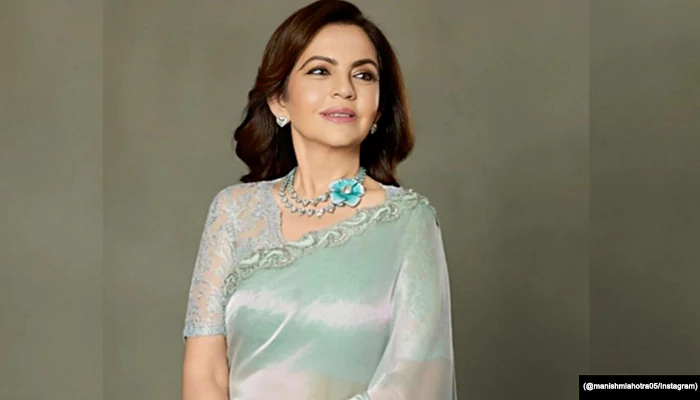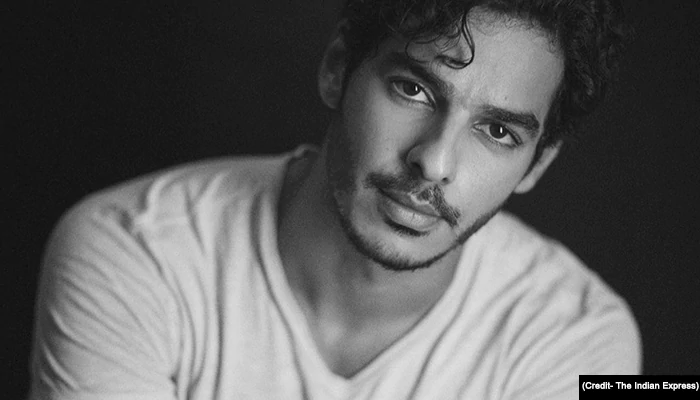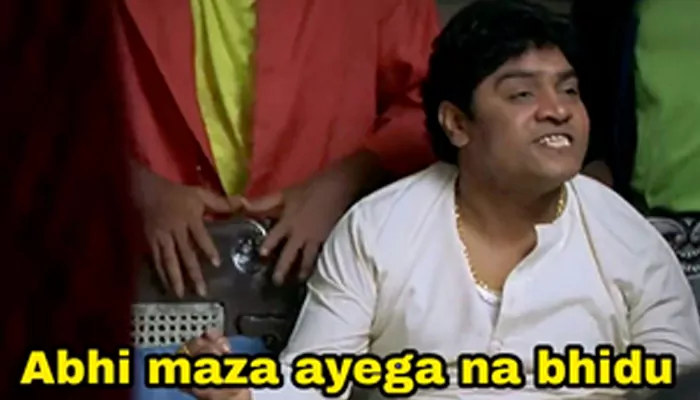Sanjay Leela Bhansali's Birthday: More Than A Filmmaker - Exploring The 'Musician' Bhansali
- Sayan Paul
- 2 months ago
- 7 minutes read

Sanjay Leela Bhansali - without an iota of doubt - is a great filmmaker. But when it comes to music composition, he is just as brilliant, if not more.
You simply cannot separate Sanjay Leela Bhansali, the filmmaker, from Sanjay Leela Bhansali, the musician - the two are intertwined. It's his music that shapes his identity as a filmmaker, and in fact, he conceives a film (and then develops) on the basis of songs. For him, music is not just about accompanying the visuals as a "background score". Rather, it's the core emotions through which the soul of his films truly comes alive. And that's why he says, "I am nothing without music. I mean, I need music twenty-four hours a day... can't think my life without it. If you take it away from me, I will die."

A recipient of seven National Film Awards, Bhansali celebrates his 62nd birthday today. And as we celebrate him, let's explore his musical world - which, needless to say, is one of the wonders of the world.
How It All Began
Sanjay Leela Bhansali was born into a Gujarati family in South Bombay. Thanks to both his parents' influence, he was inclined towards music at a very young age. The family could not afford record players, and hence he used to sit in front of his house and listen to the records that his neighbors (particularly his uncle) played.
In his interview with The Hindu, Bhansali shared, "My father was musically inclined and exposed me to the music of greats right from Amir Khansaheb, Roshanara Begum, and Gangubai Hangal to the music of V. Shantaram and Raj Kapoor. Marathi folk and Koli songs fascinated me, and my mother would sing Gujarati folk songs of singer-composers such as Avinash Vyas."
While growing up, he recognized his passion for Hindustani classical music and therefore started learning it. Maestros like Pandit Kumar Gandharva and Kishori Amonkar had a big influence on him. On the other hand, his understanding of the craft was shaped by the works of Lata Mangeshkar, Diwaliben Bhil (Kathiawadi folk singer), Shahid Sabri, and Parvathy Baul.
“Music brings me great joy and peace. It’s an integral part of my being. I am now launching my own music label “Bhansali Music.” I wish the audience to experience the same joy and spiritual connect that I feel when I listen to or create music." ~ Sanjay Leela Bhansali… pic.twitter.com/BC4b1UYTXk
— BhansaliProductions (@bhansali_produc) March 7, 2024
(Credit: BhansaliProductions)
But it's not just about loving and learning music, he was also fascinated by its use as a storytelling tool. And that's exactly where he found a passion for filmmaking. In his words, "I have learned filmmaking by listening to the emotions in Lataji’s voice."
Journey As A Music Composer/Director
Quite interestingly, Bhansali decided to make films (not becoming a full-time musician), where music would take the spotlight. He made his directorial debut with 'Khamoshi: The Musical' in 1996, which gained unprecedented love for its soundtrack (composed by Jatin–Lalit and Remo Fernandes). He continued working with composers such as Ismail Darbar ('Hum Dil De Chuke Sanam', 'Devdas') and Monty Sharma ('Black', 'Saawariya').

A still from ‘Saawariya’
However, then he started feeling that the "music directors were no longer getting it right", and his ideas "were getting lost in translation", while his "own voice in the making of music was getting stronger." And that's when he decided to don the hat of a music composer/director, making his debut in 2010 with 'Guzaarish'.
(Credit: sanjayleelabhansali_)
The rest - as they say - is history. He went on to create unforgettable music in his subsequent releases such as 'Goliyon Ki Rasleela: Ram Leela', 'Bajirao Mastani', 'Padmaavat', 'Gangubai Kathiawadi', and 'Heeramandi'.
#NationalFilmAwards: Best Music Direction (Songs)- Sanjay Leela Bhansali for @filmpadmaavat pic.twitter.com/nYdznEBG2m
— Ministry of Information and Broadcasting (@MIB_India) August 9, 2019
(Credit: Ministry of Information and Broadcasting)
Understanding Bhansali’s Music
Yeah, of course, you don't understand music - you experience it. But when you immerse yourself in Bhansali's music, you begin to realize why he is exceptional.
As already mentioned, Bhansali conceives his films' ideas through music. And that's why he knows how to blend visuals and soundtrack seamlessly to create moments. Music is an integral character in his films, which contemplates the themes, drives narratives, and captures the emotions beautifully. And he crafts its layers carefully - he knows when to go all classical, and when to blend it with folk or even Western elements to produce a fusion. As Kavita Krishnamurthy aptly put it, "He (Bhansali) has a clear vision of exactly what he wants, how he wants to picturize it, and what emotions he wants to evoke in the song."
Take 'Guzaarish' for instance - the song "Thodi Si Mithi Hai/Zara Si Mirchi Hai/Sau Gram Zindagi Ye/Sambhal Ke Kharchi Hai" plays when the character is feeling done with life and wants to die. The song - beautifully arranged with soft piano, minimal orchestration, and Kunal Ganjawala's vocals - feels like a whisper in the ears, shedding light on the meaning of life.
(Credit: T-Series)
'In Goliyon Ki Rasleela: Ram-Leela', the film opens with the Gujarati folk song "Mor Bani Thanghat Kare," instantly pulling us into its colorful world while setting the tone for the passionate story that unfolds ahead. A "Lahu Muh Lag Gaya" plays when Romeo and Juliet (the film is an adaptation of Shakespeare's play) are falling in love, and "Laal Ishq" when their love loses the battle against society but transcends into eternity. More than a song, it becomes a tribute to the idea of love - "Ye kaali raat jakad loo/Ye thanda chaand pakad loo/Din raat ke bairi bhed ka/Rukh mod ke main rakh doo/Tujh sang bair lagaya aisa/Raha na main phir apne jaisa/Mera naam ishq/Tera naam ishq."
(Credit: Eros Now Music)
Bhansali's masterstroke in music direction is even more evident in his period films: 'Bajirao Mastani', 'Padmaavat', and 'Gangubai Kathiawadi'. Here, he focuses on blending classical ragas, folk elements, and intricate instrumentation to provide us with an awe-inspiring experience. Therefore, take any of those songs - "Deewani Mastani", "Mohe Rang Do Laal", "Aaj Ibadat", "Ghoomar", "Ek Dil Ek Jaan", “Dholida”, or "Shikayat" - the composition and entire arrangements transport us to the times that the films are set in. "Mohe Rang Do Laal" in 'Bajirao Mastani' portrays love as an art, while "Ghoomar" in 'Padmavaat' becomes an elegant display of Rajput traditions. "Dholida" in 'Gangubai Kathiawadi' turns Garba dance into an outburst of emotions, while "Meri Jaan" - with its slow and lilting rhythm - expresses the playfulness of love but with an underlying sadness. And every time, it hits the right chords in our hearts.
(Credit: Saregama Music)
There are many legendary director-composer duos in contemporary Indian cinema, such as Mani Ratnam-AR Rahman, SS Rajamouli-MM Keeravani, Anurag Basu-Pritam, and Anurag Kashyap-Amit Trivedi among others. But in my opinion, the finest pairing is Sanjay Leela Bhansali with Sanjay Leela Bhansali. Because with Bhansali, music is never just a part of cinema - it is, in Martin Scorsese's words, "absolute cinema"!

